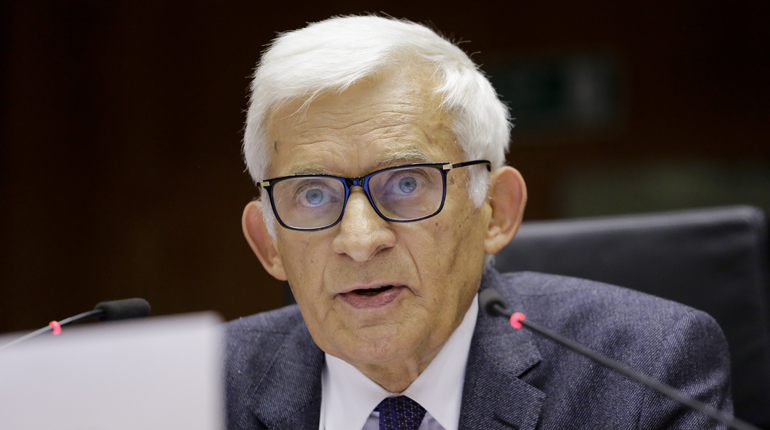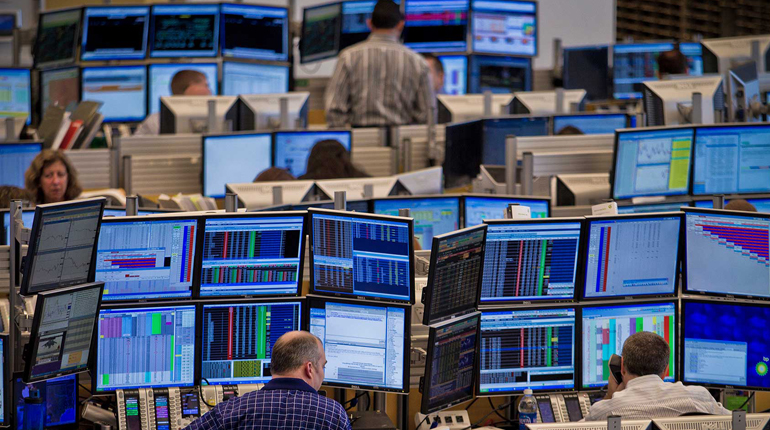Highlights
- Egypt has awarded the tender for its second FSRU and is planning a third next year
- Sabotage of the Tabriz-Ankara gas pipeline highlights security of supply issues in the region
- A dispute in the neutral zone between Saudi Arabia and Kuwait raises concerns for Kuwaiti gas supplies
- Algeria is struggling to fulfil its domestic gas demand at the same time as its export obligations
Economic overview
Economic woes are mounting in Nigeria, exacerbated by low oil prices, a weakening currency and oil theft.
Nigeria’s GDP grew by 3.96% in Q1 2015 on an annual basis – its slowest growth since Q4 2012. Reduced revenue from oil and gas exports is weighing on the country’s economic prospects. Nigeria’s export revenue was $16.44 billion in Q1 2015 – a decline of almost 40% from Q1 2014 – with oil and gas representing more than 90% of this. The Brent crude front-month futures price almost halved year on year in Q1 2015, to average $55.16 per barrel, while the United States dollar rose by almost 20% against the Nigerian naira during this period.
Quarterly and annual year-on-year GDP growth rates
| Q3 2014 | Q4 2014 | Q1 2015 | 2015 | 2016 | 2017 | |
| Qatar | 6.0% | 6.7% | 4.1% | *7.1% | *6.5% | *5.6% |
| Egypt | 6.8% | 4.3% | 3.0% | *4.0% | *4.3% | *4.5% |
| Saudi Arabia | 2.4% | 1.6% | 2.4% | *3.0% | *2.7% | *3.1% |
| Nigeria | 6.2% | 5.9% | 4.0% | *4.8% | *5.0% | *5.3% |
| South Africa | 1.6% | 1.3% | 2.1% | *2.0% | *2.1% | *2.4% |
Nigerian export revenues are expected to remain under pressure this year, limiting economic growth and deterring foreign investment. In a move to overhaul the country’s oil and gas sector, newly elected President Muhammadu Buhari plans to split state-controlled Nigerian National Petroleum Corp. into two entities – an independent regulator and an investment vehicle. NNPC has sacked 38 of its top management staff, and the government is also taking steps to have a better oversight of the downstream sector. However, the moves may not be enough to boost oil and gas production in the country (see Oil price drop hitting Nigerian LNG, January 2015).
South Africa’s lacklustre economic prospects are weighing on the country’s currency – making for a challenging investment climate. The exchange rate has so far averaged ZAR 12.77 to the dollar in August – the highest monthly average on record. Persistent weakness in the rand against the dollar is also making South Africa’s gas imports from Mozambique more expensive. The country has plans to expand its gas import infrastructure, but its currency woes are likely to delay them.



